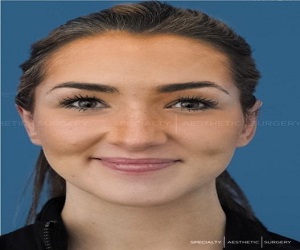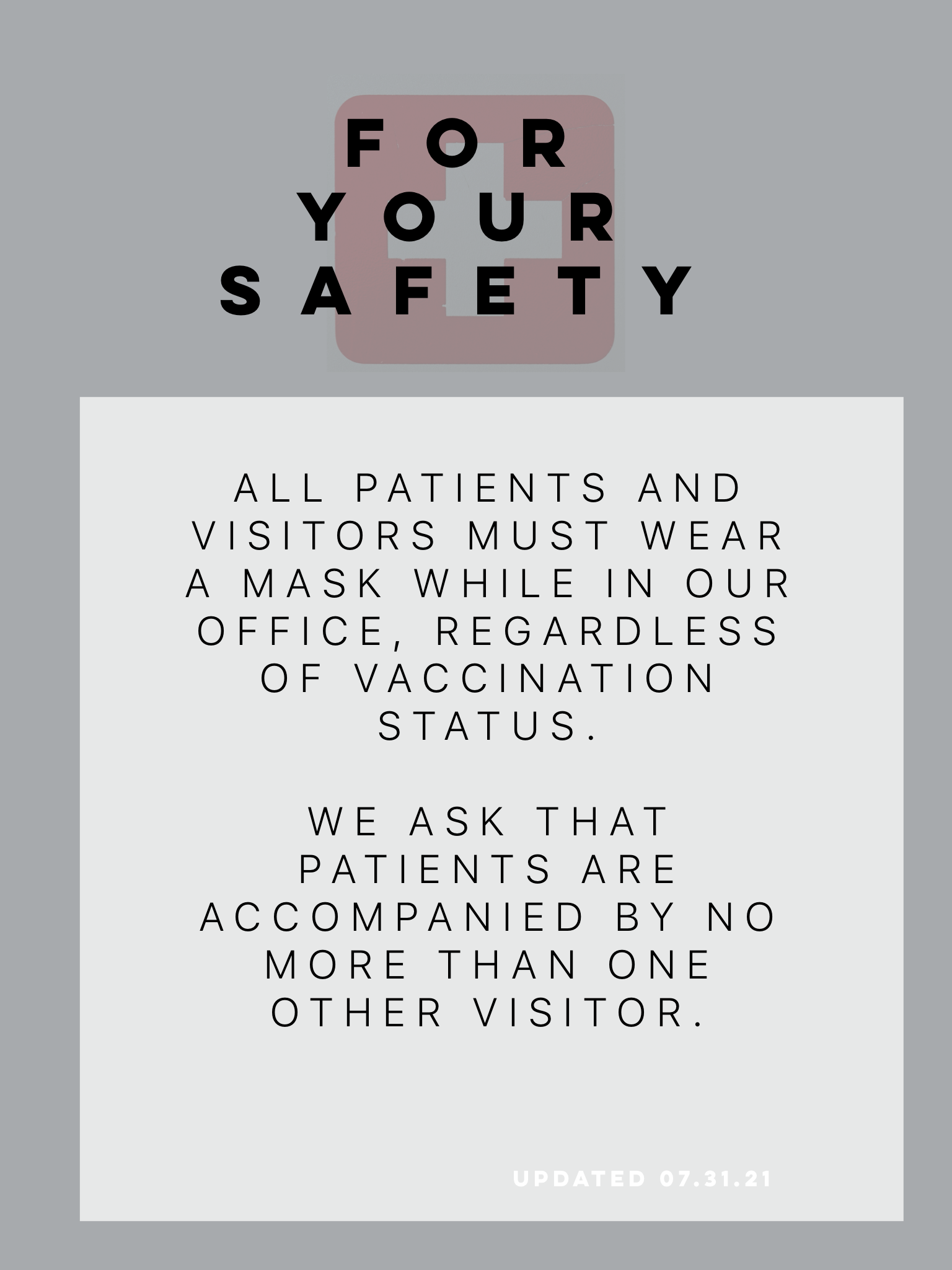Many people don’t give their ears much thought and have never worried about their appearance. But for some, large or protruding ears are a significant source of distress. Children especially may face teasing and bullying because of their prominent ears. If you or your child are concerned about large or misshapen ears, ear surgery at Specialty Aesthetic Surgery can help.
What is Ear Surgery?
Ear surgery, also known as otoplasty, is a cosmetic procedure that alters the shape, size, and position of the ears. Sometimes called “ear pinning,” this surgery is often used to correct protruding ears and “pin” them closer to the head. Ear surgery is frequently performed on children, as the ears finish developing at a young age and can be a source of emotional distress if they are overly prominent.
Ear surgery can be used to address a wide range of issues, including ears that are:
- Overly large
- Prominent or stick out too far
- Misshapen
- Damaged by trauma, such as cauliflower ears













